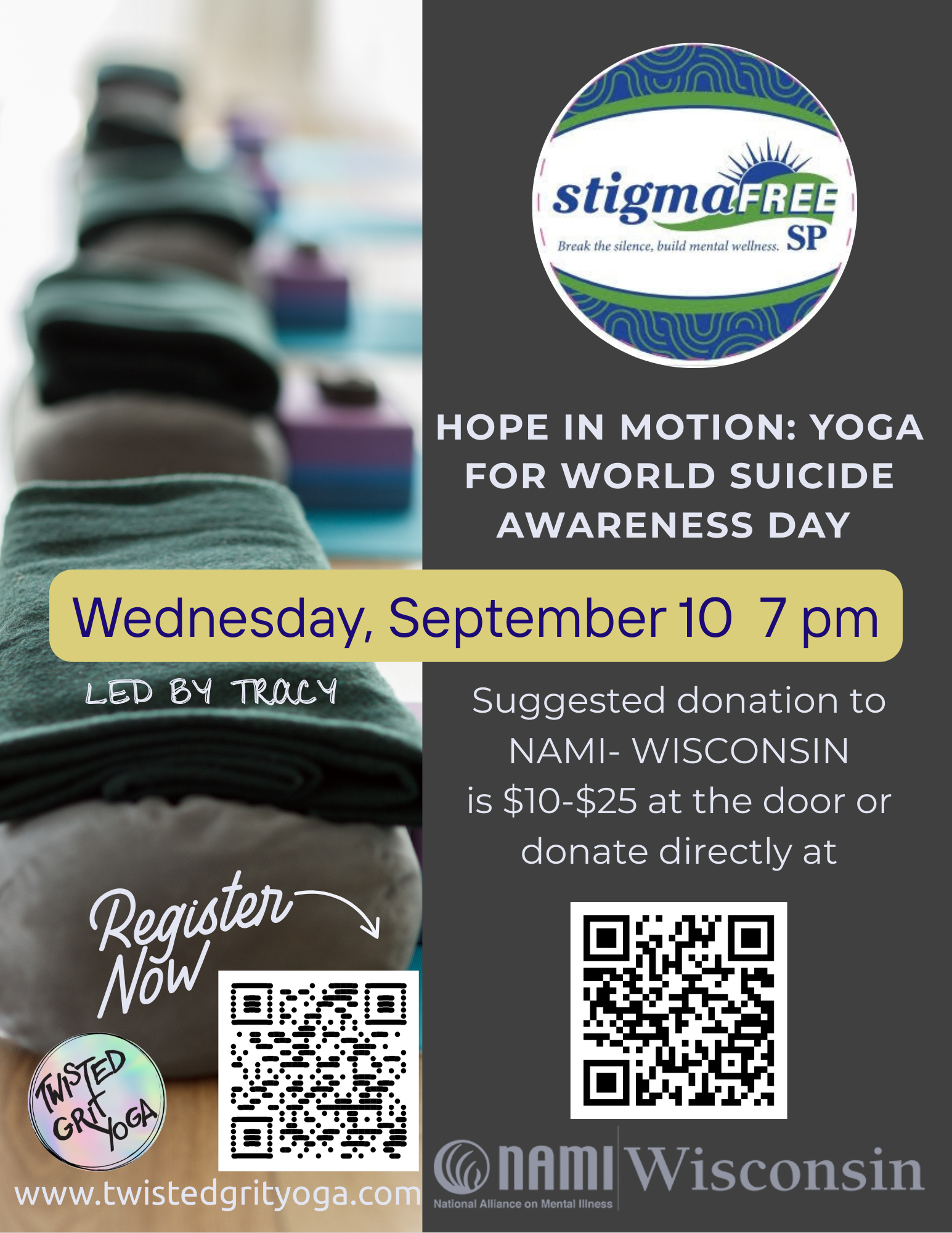September is Suicide Prevention Month!
You’re Not Alone: Help is Available
Check out our Suicide Prevention Month PSA set to premiere in the pre-shows at the Palace Theater starting September 5th!
Click the link below to check out our YouTube channel to see other recorded PSAs from fellow community members!
Videos by:
Upcoming Events
Resources
The 988 Suicide & Crisis Lifeline provides free and confidential support for anyone experiencing a suicidal, mental health, and/or substance use crisis
Call, Text, or Chat 988
The Trevor Project is a resource for LGBTQ individuals to utilize if they are experiencing a mental health crisis. The Trevor Project has a vision of “a world where all LGBTQ people see a bright future for themselves.” They offer many services where you can either call them, chat with them over the computer, or text them. All of the conversations that take place are confidential and free of charge (though standard text messaging rates may apply)
Trevor Lifeline (Youth): 1-866-488-7386
Trevor Textline (Youth): Text START to 678-678
The Dane County 24-Hour Crisis Hotline is a resource that anyone from Dane County can use if they are experiencing emotional distress or a psychiatric crisis
Dane County 24-Hour Crisis Hotline: 608-280-2600
The Behavioral Health Resource Center (BHRC) is a voluntary person and family-centered service designed to help all Dane County residents access behavioral health services in Dane County, regardless of insurance status, financial status, age, identity, ability, or legal status. BHRC staff are available to help connect you to resources for your mental health and/or substance use needs.
Contact the BHRC (608) 267-2244 - BHRC@countyofdane.com
Warning Signs
1. Expressing hopelessness about the future
2. Displaying severe/overwhelming emotional pain or distress
3. Showing worrisome behavioral cues or marked changes in behavior, particularly in the presence of the warning signs above. Specifically, this includes significant:
Withdrawal from or changing in social connections/situations
Changes in sleep (increased or decreased)
Anger or hostility that seems out of character or out of context
Recent increased agitation or irritability
Steps to Take
1. Ask if they are ok or if they are having thoughts of suicide
2. Express your concern about what you are observing in their behavior
3. Listen attentively and non-judgementally
4. Reflect on what they share and let them know they have been heard
5. Tell them they are not alone
6. Let them know there are treatments available that can help
7. Guide them to professional help













